Halifax: UK house prices tread water as mortgage costs rise
Halifax’s latest house price index shows the average house price has remained largely unchanged from December.

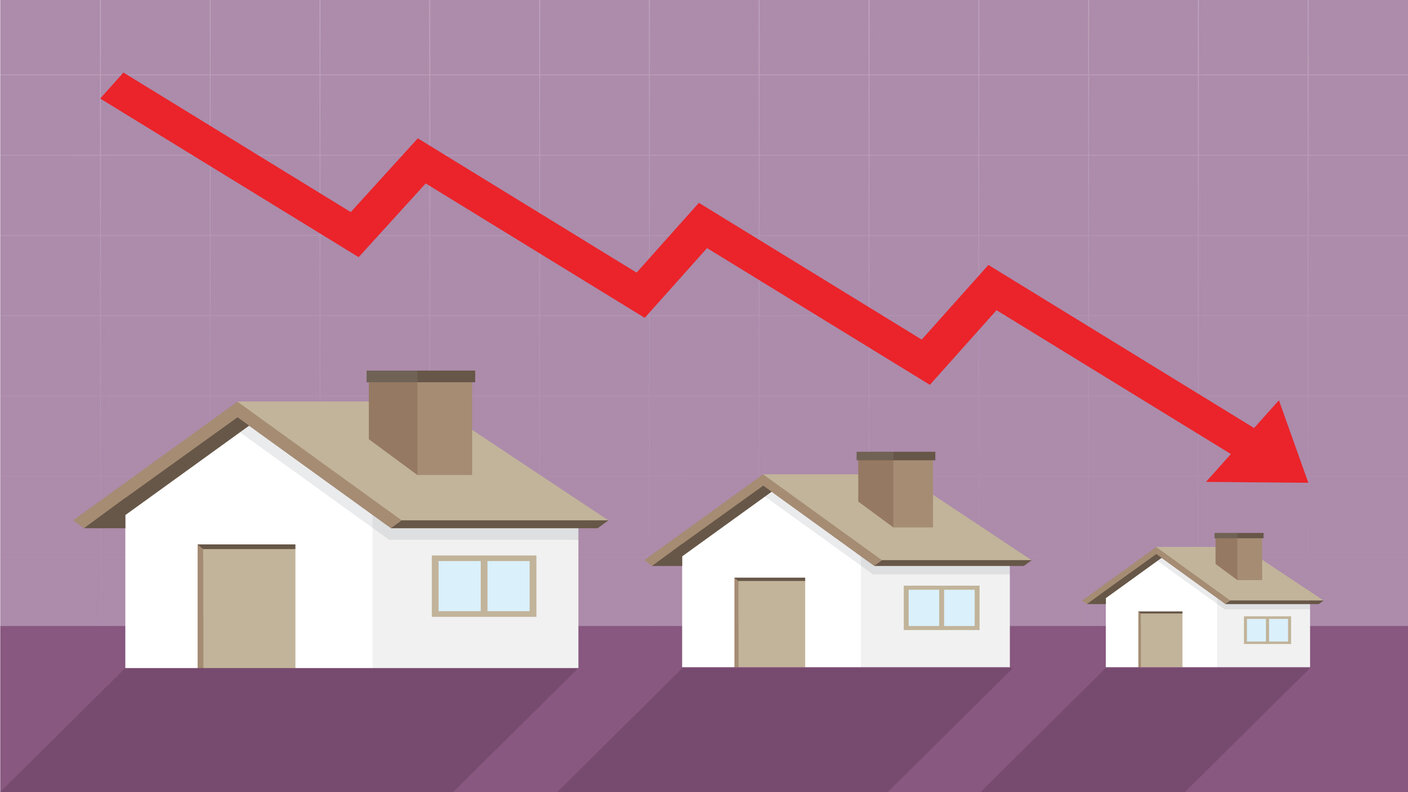
Get the latest financial news, insights and expert analysis from our award-winning MoneyWeek team, to help you understand what really matters when it comes to your finances.
You are now subscribed
Your newsletter sign-up was successful
Want to add more newsletters?

Twice daily
MoneyWeek
Get the latest financial news, insights and expert analysis from our award-winning MoneyWeek team, to help you understand what really matters when it comes to your finances.

Four times a week
Look After My Bills
Sign up to our free money-saving newsletter, filled with the latest news and expert advice to help you find the best tips and deals for managing your bills. Start saving today!
Annual house price growth has slowed to its lowest level recorded over the last three years, raising further doubts about where house prices will go in 2023. Indeed, some analysts are even predicting house prices could fall by as much as 30% in 2023.
Halifax’s latest house price index showed prices remained largely unchanged in January, with the average property price coming in at £281,684 compared to £281,713 in December.
But pace of annual growth slowed to 1.9% in January from 2.1% in December. The average house price has now fallen around £12,500 from its August 2022 peak, according to the Halifax data, after falling for four consecutive months.
MoneyWeek
Subscribe to MoneyWeek today and get your first six magazine issues absolutely FREE

Sign up to Money Morning
Don't miss the latest investment and personal finances news, market analysis, plus money-saving tips with our free twice-daily newsletter
Don't miss the latest investment and personal finances news, market analysis, plus money-saving tips with our free twice-daily newsletter
Meanwhile, according to Nationwide, house prices fell 0.6% in January. That’s the fifth consecutive monthly fall recorded by the building society.
“We expected that the squeeze on household incomes from the rising cost of living and higher interest rates would lead to a slower housing market, particularly compared to the rapid growth of recent years,” says Kim Kinnaird, director at Halifax Mortgages.
The Bank of England raised interest rates to 4% last week as it struggles to control double-digit inflation, which is placing pressure on household budgets.
And it’s likely the central bank will continue to increase the cost of borrowing as inflationary pressures persist.
“As we move through 2023, that trend is likely to continue as higher borrowing costs lead to reduced demand,” says Kinnaird.
The data is already starting to reflect this. Mortgage borrowing fell by £1bn from November to December as borrowers questioned whether now was the right time to buy a house.
How did house prices change per region?
Most regions across the UK experienced a slowdown in annual house price inflation according to Halifax’s figures.
Wales has recorded some of the strongest annual house price inflation over the last few years, but in January the average house price stood at £210,275 compared to £224,210 in August. Year-on-year prices added just 2%. In December the year-on-year growth rate was 6%.
In the South West of England growth also slowed “considerably,” from 6% in December to 2.7% in January.
In Northern Ireland and Scotland prices proved more resilient. Recorded prices were 6.9% higher year-on-year in January across Northern Ireland, according to Halifax. The rate of growth was 7.1% in December.
Across Scotland prices were 2.4% higher in Janaury than the prior year period, compared to growth of 3.3% in December.
The price of a typical property in London is still around a quarter of a million pounds above the UK average. But the cost of the average home did fall, from £541,472 in December to £530,396 in January. Year-on-year prices are unchanged.
Where will house prices go next?
“The housing market is reeling from a major blow to affordability and home sales following the rise in mortgage rates to levels not seen since the financial crisis and the ongoing cost-of-living storm,” said Myron Jobson, senior personal finance analyst at interactive investor.
“While housing affordability is becoming more stretched, the ongoing shortage of stock In the market has slowed the decline in price growth,” continues Jobson.
“Meanwhile, mortgage lenders have seemingly engaged in a mortgage ‘price war’ at the start of the year following a dip in demand for home loans.”
Santander, Barclays, Halifax, Nationwide and Virgin Money are all among the lenders to have made cuts to their mortgage rates as they compete for customers.
“This, combined with growing confidence that an end is in sight for interest rate rises, could mean that house prices could remain stubbornly high for longer.”
“I think we could even be about to see a return to growth as the regular interest rate hikes appear to have peaked and the economic waters start to calm,” says Simon Gerrard, managing director of Martyn Gerrard estate agents.
Stability has returned to the UK’s mortgage market after last year’s turbulence. Rates hit 6.65% in September following the mini-budget, but now sit between 4% and 5%.
The increased cost of borrowing has contributed to the slowdown, but longer term, the housing market will continue to be protected from an all out crash because of the lack of supply, analysts believe.
“The shortage of houses is what will have been preventing a sharper fall in prices for the last few months,” says Gerrard.
“Once inflation is back under control and the economic climate clears, the lack of supply could potentially fuel significant and consistent house price growth.”
Get the latest financial news, insights and expert analysis from our award-winning MoneyWeek team, to help you understand what really matters when it comes to your finances.
Nic studied for a BA in journalism at Cardiff University, and has an MA in magazine journalism from City University. She has previously worked for MoneyWeek.
-
 Should you buy an active ETF?
Should you buy an active ETF?ETFs are often mischaracterised as passive products, but they can be a convenient way to add active management to your portfolio
-
 Power up your pension before 5 April – easy ways to save before the tax year end
Power up your pension before 5 April – easy ways to save before the tax year endWith the end of the tax year looming, pension savers currently have a window to review and maximise what’s going into their retirement funds – we look at how
-
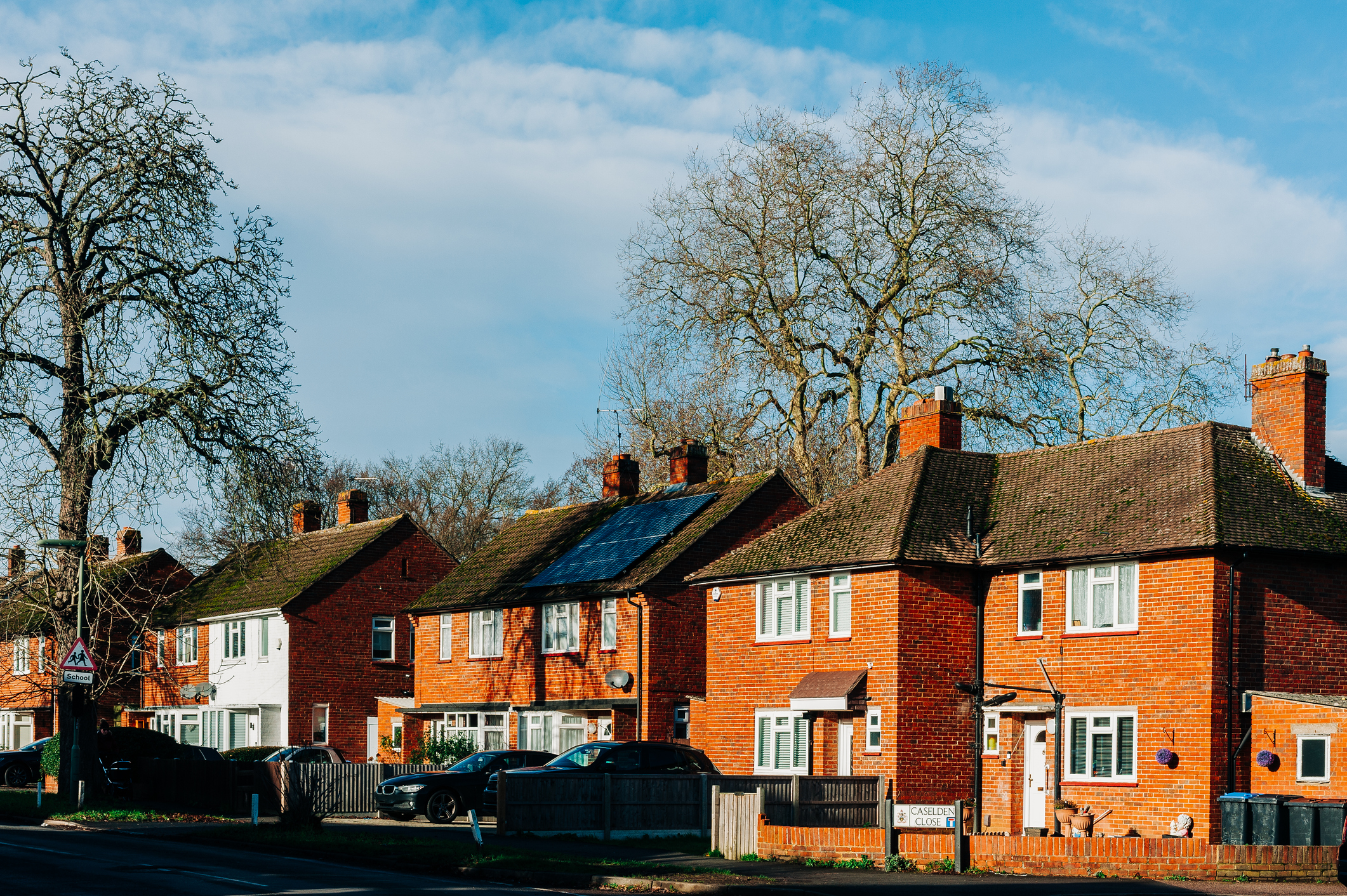 Nationwide: UK house price growth bounced back in January
Nationwide: UK house price growth bounced back in JanuaryHouse price growth slowed in 2025 but the new year is showing more positive signs for the property market
-
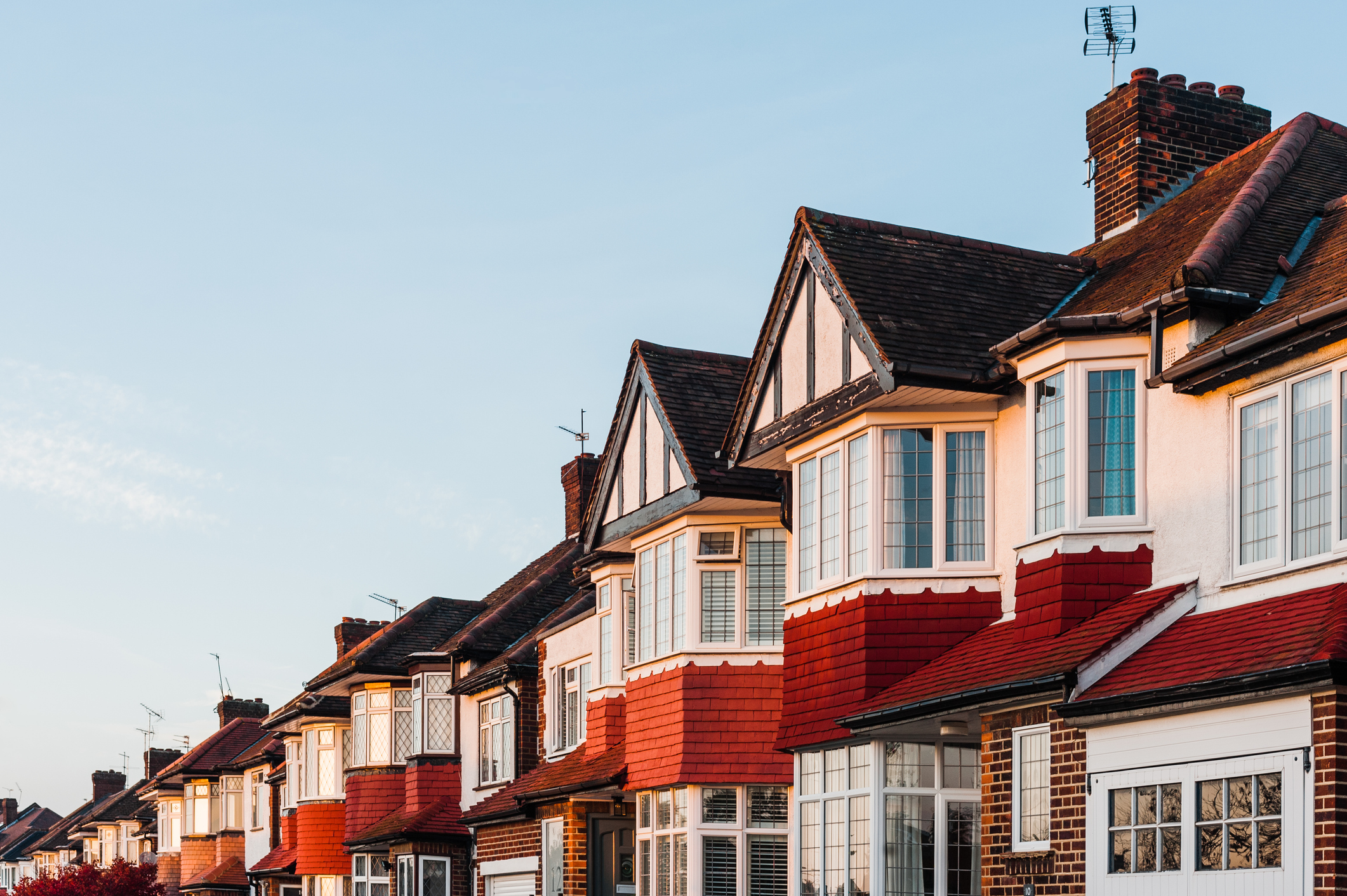 Nationwide: House price growth slows but market remained resilient despite Budget worries
Nationwide: House price growth slows but market remained resilient despite Budget worriesThe average price of a house in the UK was £272,998 in November, as annual house price growth slowed to just 1.8%, Nationwide said.
-
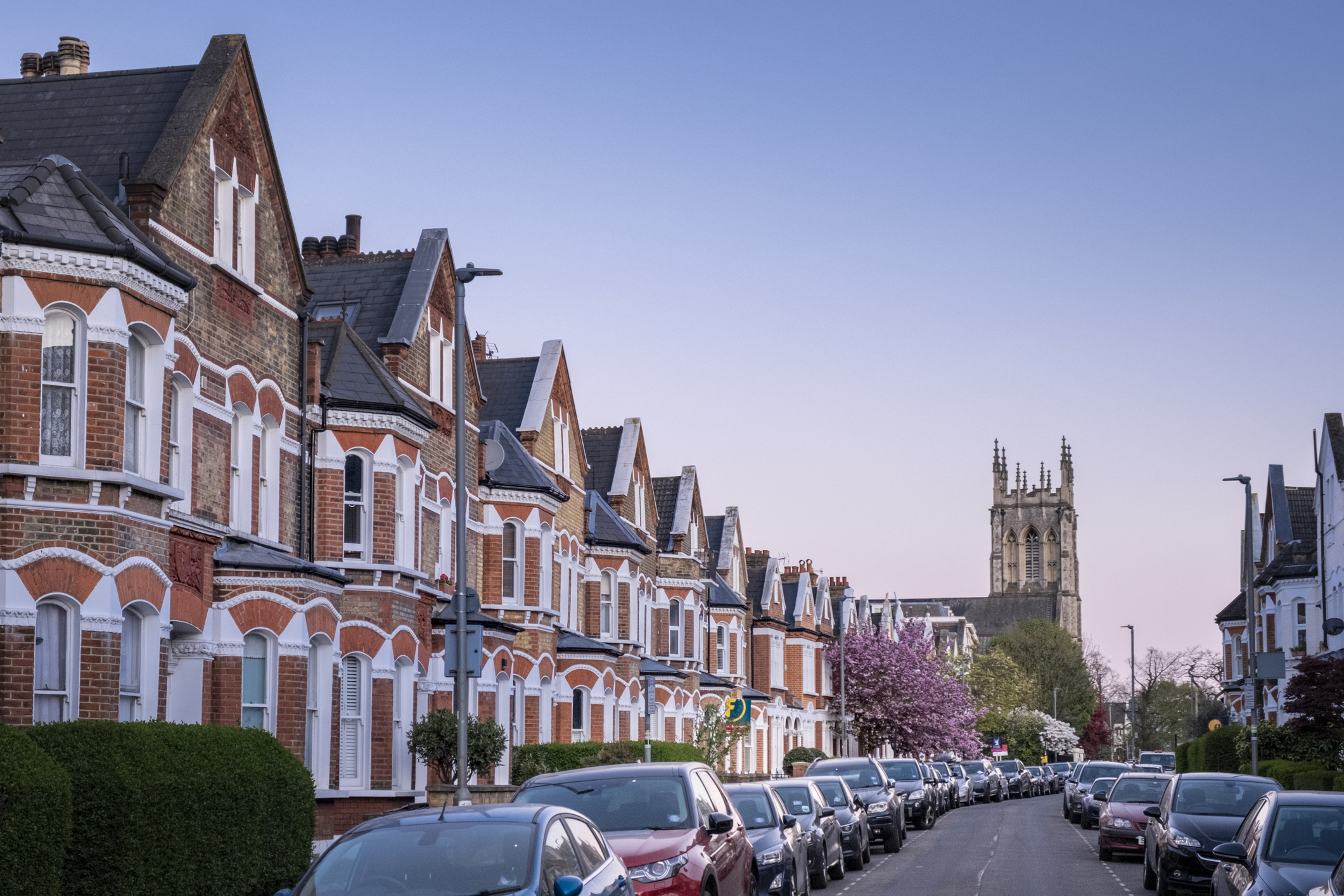 London house prices to outperform rest of UK, says economist
London house prices to outperform rest of UK, says economistAfter years of underperformance, London house prices are set to grow faster than the rest of the country, according to Capital Economics. We look at the reasons behind this forecast – and whether other experts agree
-
 Nationwide: Average house prices rose in January – will property values recover in 2024?
Nationwide: Average house prices rose in January – will property values recover in 2024?News The latest Nationwide house price index shows lower mortgage rates are boosting house prices. What does this mean for the property market?
-
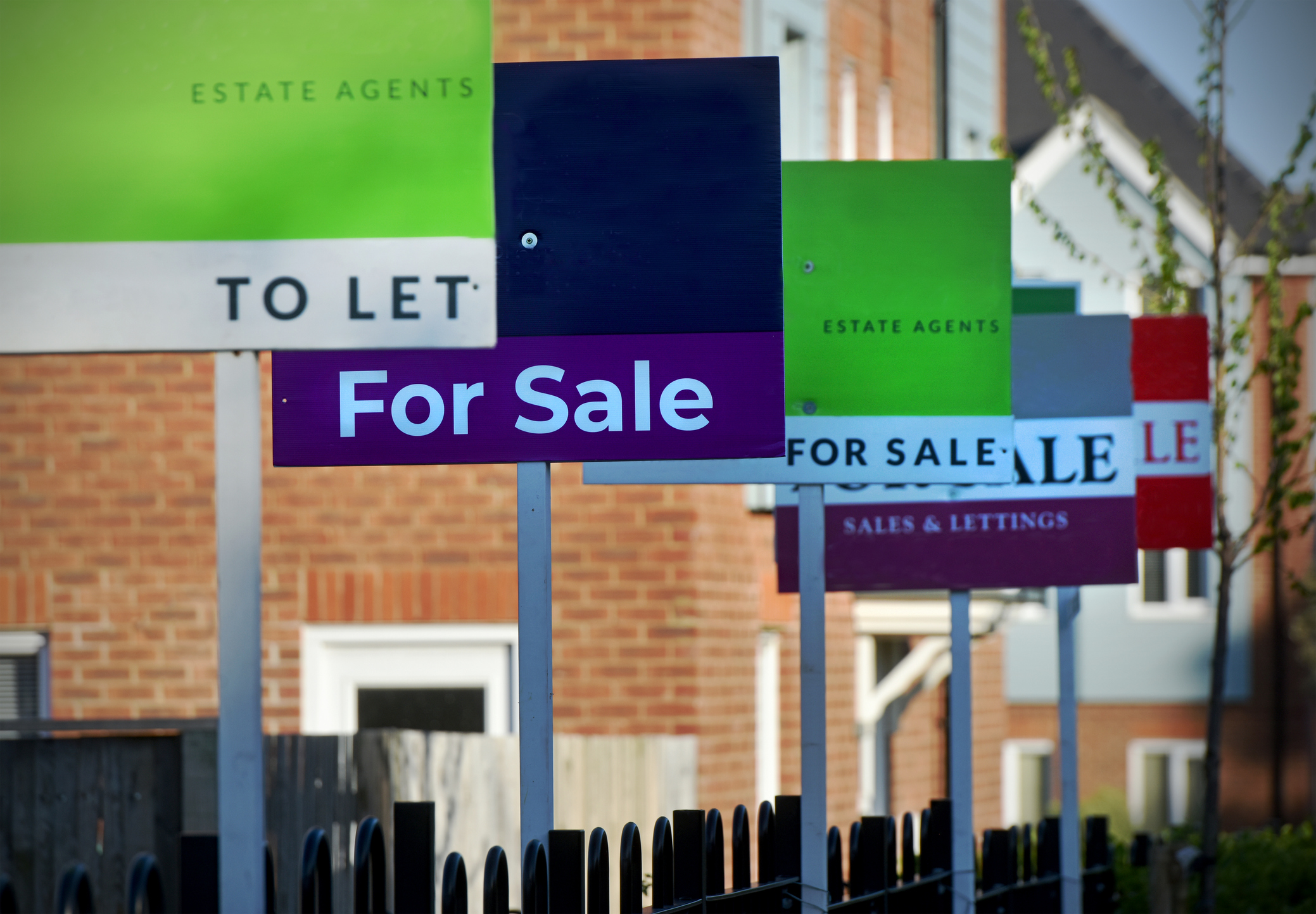 Nationwide: House prices fell by 1.8% in 2023 – will they drop further this year?
Nationwide: House prices fell by 1.8% in 2023 – will they drop further this year?News Nationwide’s latest house price index reveals how the property market performed in 2023
-
 Halifax: House price slump continues as prices slide for the sixth consecutive month
Halifax: House price slump continues as prices slide for the sixth consecutive monthUK house prices fell again in September as buyers returned, but the slowdown was not as fast as anticipated, latest Halifax data shows. Where are house prices falling the most?
-
 Rents hit a record high - but is the opportunity for buy-to-let investors still strong?
Rents hit a record high - but is the opportunity for buy-to-let investors still strong?UK rent prices have hit a record high with the average hitting over £1,200 a month says Rightmove. Are there still opportunities in buy-to-let?
-
 Pension savers turn to gold investments
Pension savers turn to gold investmentsInvestors are racing to buy gold to protect their pensions from a stock market correction and high inflation, experts say
